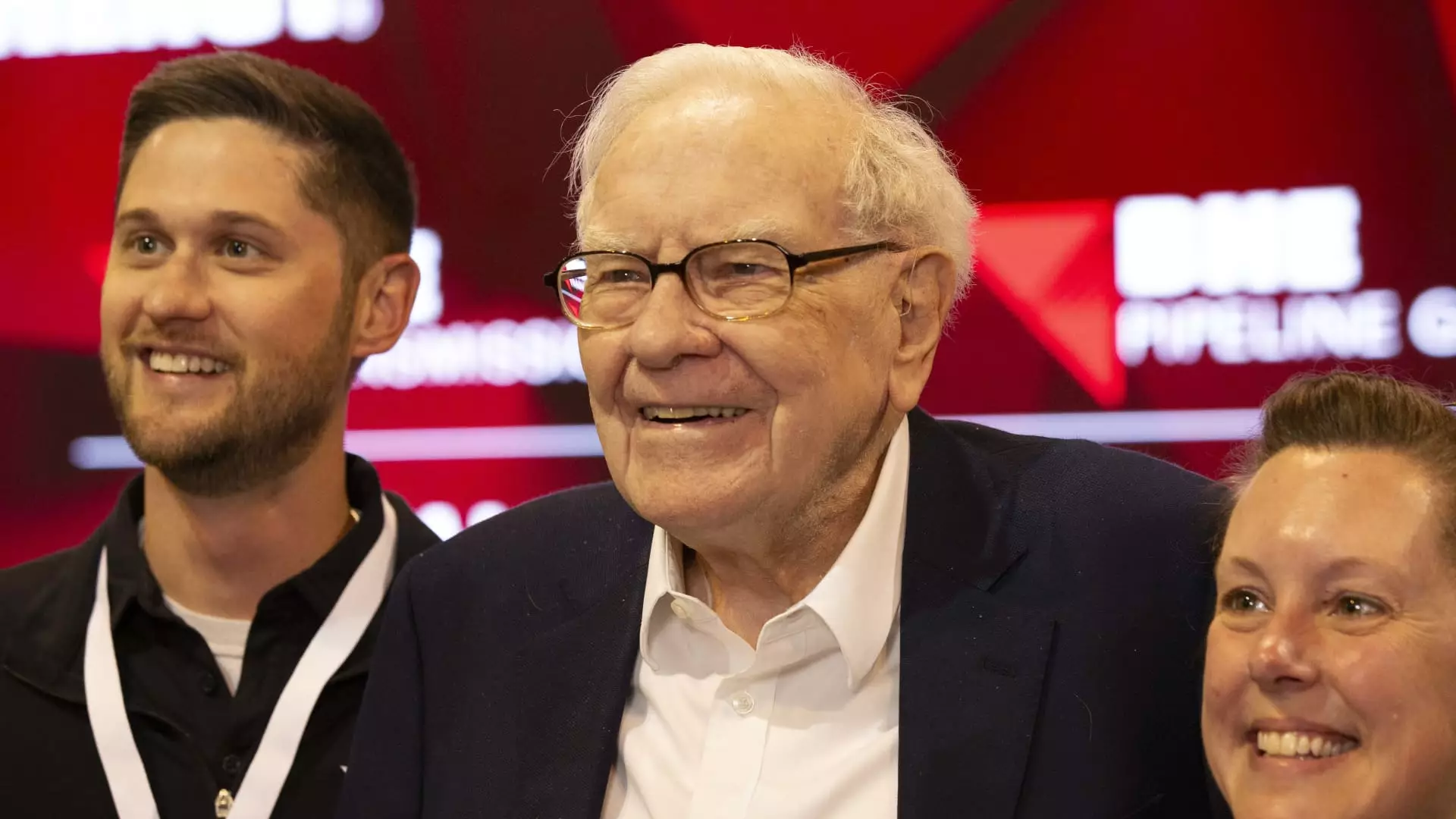Warren Buffett’s Berkshire Hathaway has positioned itself firmly within the satellite radio sector by increasing its stake in SiriusXM to a substantial 32%. The investment, valued at approximately $87 million, involved the acquisition of around 3.6 million shares over a brief period. Notably, this recent move follows Liberty Media’s strategic consolidation of its tracking stocks, a complex restructuring that also included the transaction of the Atlanta Braves into a stand-alone entity. This restructuring reflects not just an internal reorganization within Malone’s extensive media empire but also a calculated play on Buffett’s part, as he typically looks for strategic opportunities in the market.
Buffett’s entry into SiriusXM appears to be a classic case of merger arbitrage, common among investors seeking to capitalize on market inefficiencies. Since its initial investment in Liberty Media’s trackers in 2016, Buffett has shown keen interest in SiriusXM, indicating a long-term vision for potential growth. However, this bet raises questions about the decision-making process within his firm, as Buffett himself has not publicly commented on it. Key figures in his investment team, like Ted Weschler and Todd Combs, may be driving this strategy, suggesting that while Buffett is the face of the investment, younger mentees are taking more significant risks.
Despite the excitement surrounding Berkshire’s investment, SiriusXM is facing considerable headwinds. Subscriber losses and an unfavorable demographic landscape undermine the stock’s market appeal. An analysis by JPMorgan highlighted these challenges, giving SiriusXM an underweight rating and expressing skepticism about the company’s ability to broaden its audience. This is indicative of wider concerns among analysts, as only five out of fourteen analysts have offered buy ratings—casting doubt on the long-term viability of SiriusXM as a sound investment.
The announcement of Berkshire’s stake has generated a brief surge in SiriusXM’s stock, prompting an 8% jump. However, this surge does little to mask the broader context that SiriusXM’s shares have significantly underperformed this year, plummeting more than 50%. The market’s cautious sentiment is further exacerbated by the repercussions of the recent Liberty Media transaction, which has reduced SiriusXM’s share count by 12% and casts a shadow over potential stock buybacks until at least 2027. Such factors don’t just influence investor sentiment; they hint at a more profound uncertainty regarding the future of SiriusXM in an ever-evolving media landscape.
Reflecting on past missteps, Buffett’s previous investment in Paramount Global serves as a reminder of the risks inherent in the media sector. Following significant losses, he acknowledged the overabundance of entities competing for viewers’ attention, leading to intense price wars. This paradigm should give investors pause when considering SiriusXM, as the streaming market becomes increasingly saturated. Buffett’s newfound awareness of leisure priorities only adds to the complexity, emphasizing that investment in entertainment must now consider evolving consumer behaviors.
In sum, while Buffett’s foray into SiriusXM may represent a strategic pivot, the underlying challenges and market dynamics paint a cautionary picture. As this investment unfolds, the long-term implications remain to be seen, and investors would be wise to monitor both the company’s performance and broader industry trends closely.

